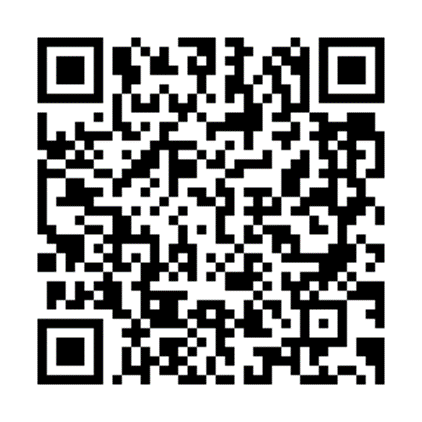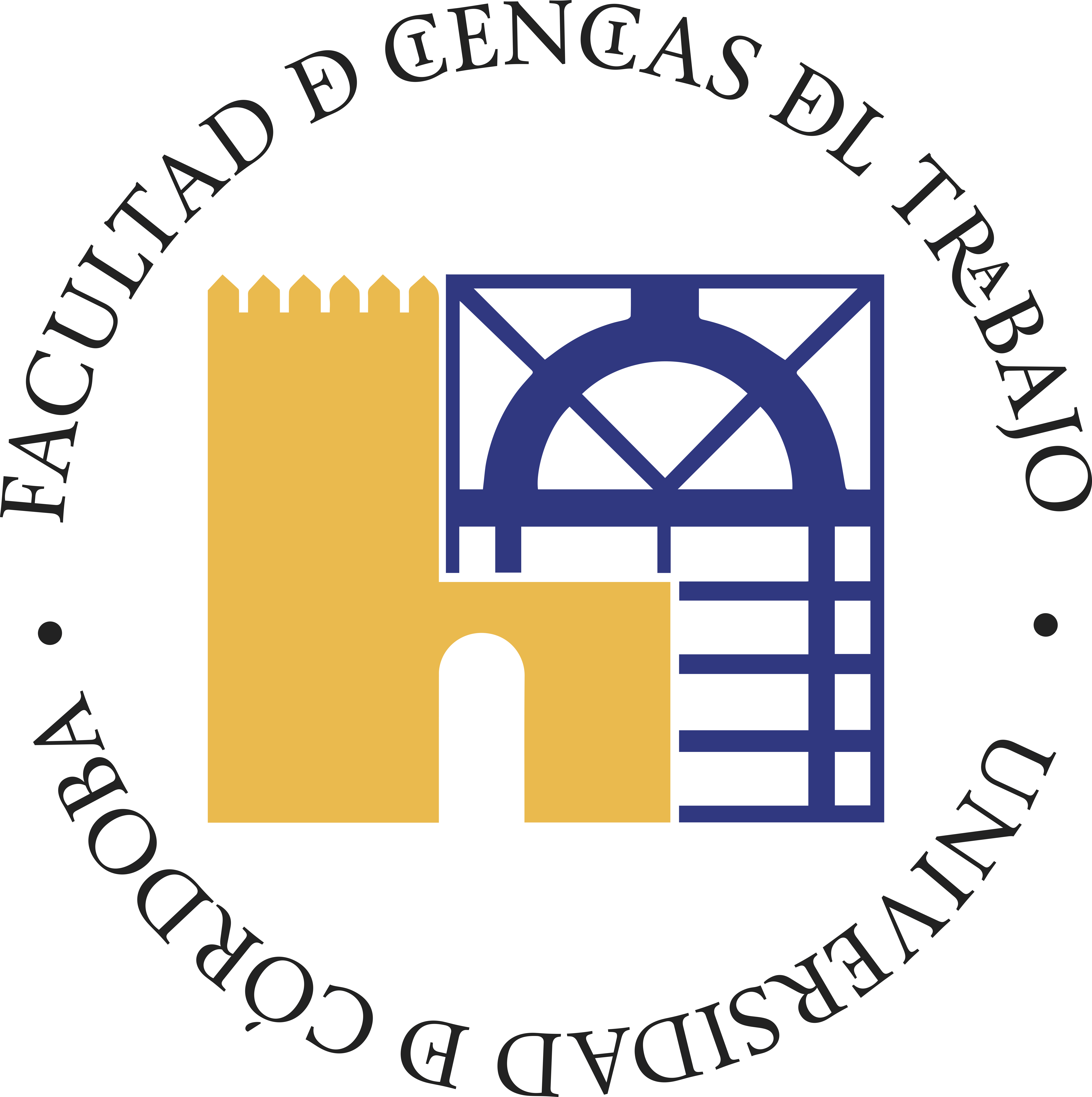With the intention of improving the educational offerings and facing future professional challenges, the Faculty of Labor Sciences is promoting the launch of various higher education programs (Master's, Doctorate, Expert programs, etc.—all of them with the highest academic recognition) that will provide ongoing and more in-depth training in subjects or aspects closely related to the content taught in the Center's degree programs.
To this end, and in order to enhance this aspect, we are interested in knowing your opinion regarding the interest these studies might generate or even about other topics you may suggest. You can send us an email with your information (name, email, and degree of origin) to: This email address is being protected from spambots. You need JavaScript enabled to view it., so we can notify you about educational offerings that might interest you.
Practicum Coordination
- Virginia Navajas Romero
The tutorial action aims to address the information and guidance needs of new students, their challenges in tackling academic tasks, the difficulties in navigating educational paths, and the lack of information about career opportunities.
Its main objectives are:
- Personal guidance: personality development, motivation, creativity, and effort.
- Academic guidance: time planning and management, study techniques and habits, curricular paths.
- Career guidance: career opportunities, postgraduate education.
The Faculty of Labor Sciences at the University of Córdoba offers students of the following degrees:
- Degree in Labor Relations and Human Resources
- Degree in Tourism
- Joint Program in Tourism, Translation, and Interpretation
The necessary advice and assistance for better integration into the academic university environment.
PATU Structure
- DEGREE IN LABOR RELATIONS AND HUMAN RESOURCES (RRLL Y RRHH)
-
Coordinator of the Degree in Labor Relations and Human Resources: Professor José Bascón Marín This email address is being protected from spambots. You need JavaScript enabled to view it.
-
PATU Tutor Professor: Mónica Alonso Morales This email address is being protected from spambots. You need JavaScript enabled to view it.
- PATU Mentor Students: Rosa M. Leal Granados This email address is being protected from spambots. You need JavaScript enabled to view it., Lucía Martín Naranjo This email address is being protected from spambots. You need JavaScript enabled to view it., Marta Melero Garrido This email address is being protected from spambots. You need JavaScript enabled to view it., Claudia M. Pérez Lara This email address is being protected from spambots. You need JavaScript enabled to view it. y Jonathan Santiago Martínez This email address is being protected from spambots. You need JavaScript enabled to view it.
-
- DEGREE IN TOURISM AND JOINT PROGRAM IN TOURISM, TRANSLATION, AND INTERPRETATION
- Coordinator of the Degree in Tourism: Profesora Mª Ángeles Recio Ramírez This email address is being protected from spambots. You need JavaScript enabled to view it.
- PATU Tutor Professor: José Antonio Fernández Gallardo This email address is being protected from spambots. You need JavaScript enabled to view it.
- PATU Mentor Students: Andrés Ayllón Cabezón This email address is being protected from spambots. You need JavaScript enabled to view it. / Noa Sánchez García This email address is being protected from spambots. You need JavaScript enabled to view it. / Marina Palomino González This email address is being protected from spambots. You need JavaScript enabled to view it.
PATU DOCUMENTS
- PATU Enrollment Request
- Initial Record
- Follow-up Record
- PATU REGULATIONS

Information
The purpose of compensation assessment is to provide a pathway for students close to obtaining an official degree from the University of Córdoba (excluding PhDs) who face exceptional circumstances and are unable to complete the last credits or subjects. It aims to evaluate if the student possesses the necessary knowledge and competencies to obtain the degree through a global curricular evaluation.
Deadlines for application and resolution of the Compensation Assessment for the 2018/2019 academic year (Published on 10/02/2018)
Compensation Assessment Regulation (Updated on 01/24/2017)
- Compensation Assessment Regulation for official undergraduate degrees of the University of Córdoba (Published on 05/30/2016). Agreement of the Governing Council, in the ordinary session of May 25, 2016, approving the Compensation Assessment Regulation for Official Undergraduate Degrees of the University of Córdoba



